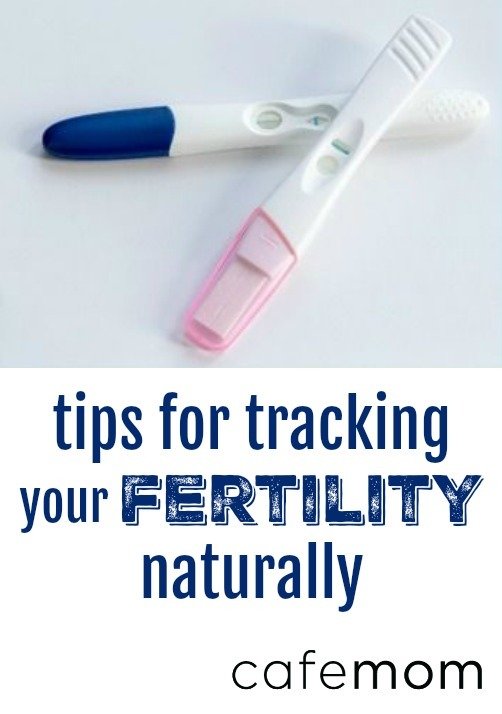When you're trying to conceive, it's not always about the sex (sadly). For some, it's really stressful … and full of sadness. TTC can be a difficult time especially if traditional methods aren't working. But if you are in the early days of TTC, there are some natural ways to try to speed the process of getting pregnant along.
The average woman has a 28-day cycle — that means 5 days of her period, and then 23 days in between. Many will tell you that you ovulate in the middle — about 10-14 days after your period. While this may be true, it isn't for everyone. Call this TMI if you want, but I had a 33-day cycle — 5 on, 28 off, ovulation around day 18. If we didn't know when I ovulated and I tried to go by day 14, and did the horizontal baby dance on day 13, assuming I was going to ovulate the next day … well, I'd most likely be out of luck, wouldn't I, when no egg dropped for 5 more days, huh? Not to mention, that difference in my cycle from 'average' made almost a WEEK'S DIFFERENCE in my due date, which can be incredibly important to my baby's health if for some reason premature labor or inductions become an issue.
So, this is pretty important! Most women I know who don't have medical issues, who just simply knew when they ovulated, got pregnant in less than 6 months every single time they were trying to get knocked up. This also is how women who practice Natural Family Planning don't get pregnant unless they want to.
How do you know when you ovulate? Well, first, keep track of your periods. Download the FertilityFriend App or use the website, or any one of the many ovulation tracker websites. Or heck, you can just mark days on a calendar.
Then, here comes the TMI: pay attention to when you wipe, specifically, fluids from your vagina. At some point, it will start to get a little creamier instead of dry. Then, you will have way more liquid than normal, likely a higher sex drive than normal as well. For people who are very seriously working hard, they actually can feel their cervix and pay attention to how high or low it is, and if it's open or not, but we'll assume you don't want to go that far. You could test cervical mucous between your fingers to see how stretchy it is or even take your temperature at exactly the same time every morning before getting out of bed, called the basal body temperature.
When you are getting more fluid than normal for a couple days, you can generally safely assume you're about to ovulate or have that day. Baby dance! Remember that the egg, after dropping, needs to be fertilized generally in less than 12 hours. Your real goal should be having sex right then, or even in the couple days beforehand, since Dad-to-be's swimmers can stay alive for days, waiting around for the egg. But there's nothing that says you can't have sex for days in a row either, of course!
Just charting the couple days in the middle of your cycle when you feel a higher sex drive and more wetness than usual is a simple step to learning how your body works that can make a huge difference in your attempts to get pregnant. Note too, though, that there are women who ovulate nowhere near the middle of their cycles as well, so knowing your own body means you definitely can help pinpoint the exact couple days that will be most likely to get you pregnant … which also will help you relax and not worry about TTC for the rest of the entire month.
Cool, huh?





